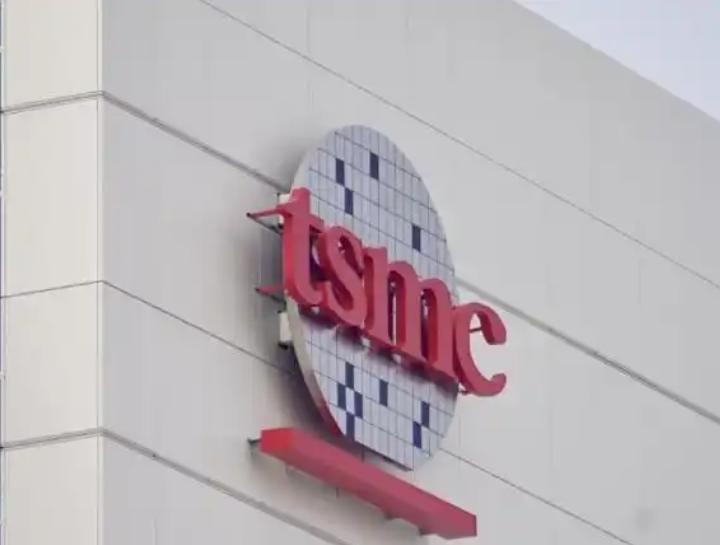
On August 6th local time, it was reported that TSMC, the global semiconductor leader, was shocked to learn that the core secrets of its 2nm advanced chip manufacturing process had been leaked, and the relevant information was suspected to have leaked to Tokyo Electronics (TEL), a well-known semiconductor equipment manufacturer in Japan. TSMC has issued a statement confirming that its regular internal monitoring mechanism has recently discovered improper behavior among employees. After internal investigation, it was confirmed that there was a leak of trade secrets. The company has immediately taken punitive measures against the personnel involved and cooperated with judicial units to carry out subsequent legal proceedings. After investigation, 9 people were involved in the case. Three of them were 2-nanometer trial production personnel who used their mobile phones to capture a large amount of data, which flowed to Tokyo Electronics employees. Three of them were directly dismissed. The other six were personnel from the R&D center who were transferred from their original unit due to providing information related to 2 nanometers. Tokyo Electronics is currently the world's fourth largest semiconductor equipment manufacturer and a shareholder of Japanese semiconductor manufacturer Rapidus, which has launched trial production of 2-nanometer process chips. The 2nm process plan is expected to enter mass production in the second half of this year, with application scenarios covering multiple fields such as intelligence and artificial intelligence accelerators. It is one of TSMC's important strategic layouts for the future.
This incident has attracted attention from all sectors of society and has also brought complex and multifaceted impacts to the field of technology. One is the impact on technological competition. The 2-nanometer process is currently the pinnacle technology in chip manufacturing, with performance improved by 10% -15% compared to the 3-nanometer process and power consumption reduced by 25% -30%. If key parameters such as yield tuning and defect control algorithms are leaked, competitors may shorten their development cycle by more than 18 months. For example, Samsung's 2-nanometer yield rate is currently only 40%, while TSMC's target is 60%, and technology outflow may accelerate the catching up pace of companies such as Samsung. TSMC's leading position in the field of advanced processes relies on long-term technological accumulation and huge R&D investment. This leak may weaken its technical barriers and lead to a decrease in customer trust in TSMC. Major clients such as Apple and Nvidia have requested TSMC to provide technical isolation solutions, and some orders may be diverted to Samsung to avoid risks. This incident will prompt chip companies to strengthen technical protection measures, such as developing "chip DNA" physical anti-counterfeiting technology, exploring self destructive chip designs, and using AI behavior analysis systems to monitor abnormal operations.
But rather the security impact on the technology industry, the leak incident reveals the risk of technological barriers being infiltrated by both insiders and partners. Remote work has become a new security gap, and the entire industry needs to rebalance technical and human defense measures. For example, TSMC has announced the ban on remote access to core data and deployed a stricter tiered confidentiality system. The 2-nanometer process is the core infrastructure in fields such as AI, 5G, and autonomous driving. The outflow of technology may lead to unauthorized enterprises accelerating mass production, causing market supply-demand imbalance or confusion in technical standards, thereby affecting the stable operation of the global technology industry chain. The incident comes at a time when Taiwan and the United States are negotiating chip tariffs, and the United States may use "national security" as a pretext to pressure TSMC to transfer its 2-nanometer production line to Arizona. At the same time, the progress of the 2-nanometer research and development of Rapidus (a major shareholder of Tokyo Electronics) in Japan has been questioned due to a leak case, and its "Japanese version of TSMC" plan may be frustrated.
In summary, the leakage of TSMC's 2nm chip process not only serves as a warning to the urgent need for technological protection in the semiconductor industry, but also highlights that in the current global technological competition, technological security has become a key lifeline for the survival and development of enterprises. In the future, finding a balance between innovation and security will become a major issue faced by the global technology industry.

According to a recent report by Rich Asplund, a columnist for Barchart, the global sugar market is currently experiencing a complex and profound supply-demand game.
According to a recent report by Rich Asplund, a columnist f…
On January 13th local time, the three major US stock indice…
Recently, the 2026 edition of the MIT Technology Review lis…
On January 15, 2026, the US military announced the seizure …
At the 2026 J.P. Morgan Healthcare Conference, a joint anno…
For much of 2025, the market was rethinking whether the dol…